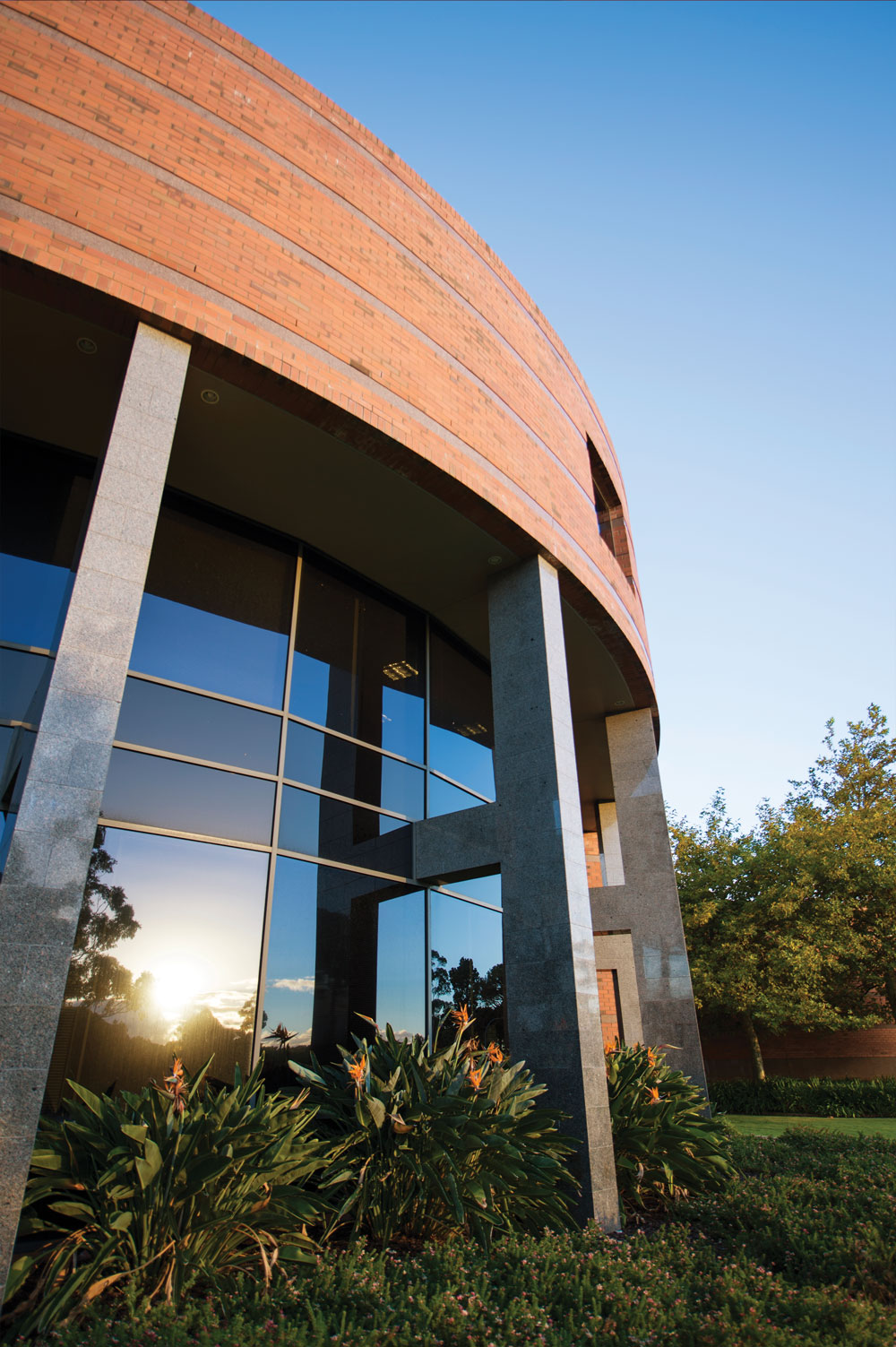The Challenge
Like almost all universities, Curtin University in Western Australia is large. It has thousands of staff, and more than 47,000 students, working and studying across six different campuses. There are six separate faculties, and dozens of different departments. University Security Supervisor Sean Daly says this makes securing buildings and individual rooms complex and difficult. Recently, the university was using eight different locking systems to secure facilities. Daly says this was not only complicated, but at that point the patent was about to expire on several systems. This would enable people to get keys cut anywhere without restriction — a definite security risk. The situation prompted Curtin University to begin investigating an alternative, single system for securing 7,000 locks and 300 padlocks. Daly says that the university initially formed a steering committee to investigate options. They narrowed down several critical requirements. They wanted to install a single system across all six WA campuses, offering strong reliable security and which had a patent that would not expire for many years. The last would restrict key replication to just a few licensed locksmiths. In addition, it needed to offer variety of cylinders types — important in a system as large as Curtin’s – the university would need to retain ownership of the key profile underlying the system. It also needed to pass the evaluations of an independent security consultant.
The Solution
Their investigations revealed EVVA as the strongest option that met all these requirements and Advanced Lock and Key was chosen as the preferred installer. Daly’s team began the hard work of identifying every door and lock in the university and creating the system matrix that would govern all 14,000-plus keys that would be distributed to staff and contractors. With the help of the installer, Daly’s team divided the campuses into five zones. They would create a master key for each zone, then below that a master for every building, then a master key for every department. Then would come the individual room keys. In addition, Curtin commissioned a number of service keys that would work across all campuses in all zones, such as electrical masters. Daly says the use of zones served a dual purpose. First, it decreased risk. If one of the zone masters was to be lost, then only 20% of the entire system would be exposed. And only 20% of the locks and keys would need to be replaced. Also, it significantly increased the expandability of the system, delivering five times as much ultimate capacity. Rolling-out so many locks and keys was a complex undertaking, but Daly says that since installation began, not a single milestone has been missed. Describing the installer as “terrific and very flexible to work with”. Daly says that their advice on the key matrix and scheduling has ensured a very smooth project. Plus the EVVA master key system is excellent — no locks have needed to be replaced. “EVVA is very robust, and very reliable,” Daly concludes.






